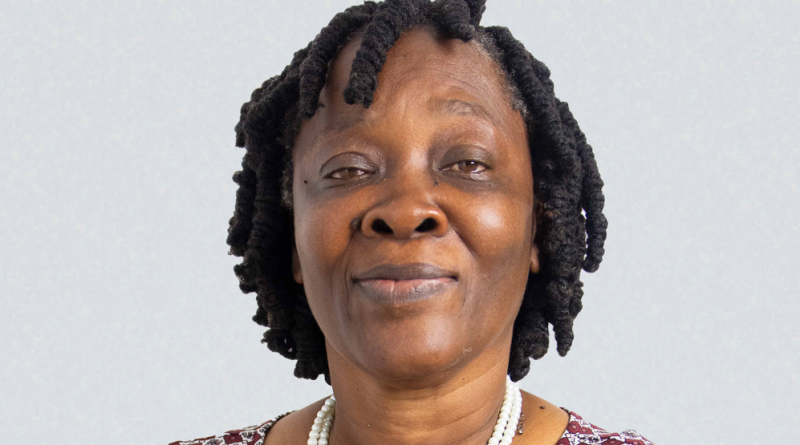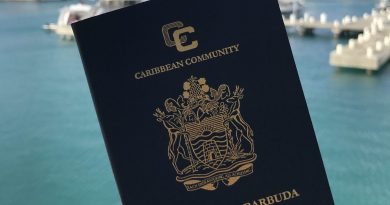Control of mosquito-breeding is everyone’s responsibility, Chief Health Inspector says, since CBH is overwhelmed
Chief Health Inspector Sharon Martin says that failure to cover, or improper covering of, household water catchments could be contributing to the uptick in the mosquito population across Antigua and Barbuda.
Residents have been complaining about the high number of mosquitoes in their communities and homes, and this prompted the Department of the Environment to undertake a mosquito trap-distribution campaign.
Martin says the increased number of the disease-causing insects cannot be blamed on Vector Control, since every citizen has a part to play in keeping down the mosquito population.
Due to the persistent drought conditions and the irregularity of pipe-borne water, residents have resorted to storing up the commodity once it is available.
In and of itself, this is not a bad thing, Martin says. However, it is storage of the water that creates the problem and allows mosquitoes to breed.
Martin says that everyone, in spite of their social background, has a responsibility to ensure they are not encouraging the breeding of these insects, which cause dengue and other illnesses.
Accordingly, the Chief Health Inspector says there are several things households can do to prevent their water catchments from becoming breeding grounds – including proper covering of, or putting a few drops of oil into, the water.
Martin says the insects are able to withstand adverse-environment conditions, and she is therefore appealing to the public to be on the lookout for, and try to prevent, the breeding of the insects.
Residents should not depend on the Central Board of Health alone to fight this battle, Martin advises, since the agency is overwhelmed at the moment with the prevalence of mosquitoes.
Martin says that mosquitoes are vectors which transmit diseases from one person or animal to the other. They cause an array of ailments, including zika, West Nile virus, chikungunya virus, and malaria.




